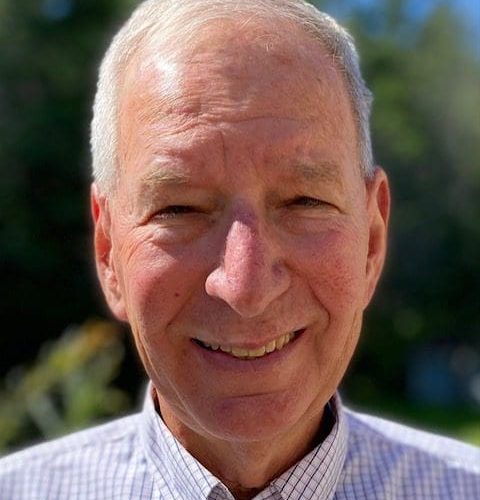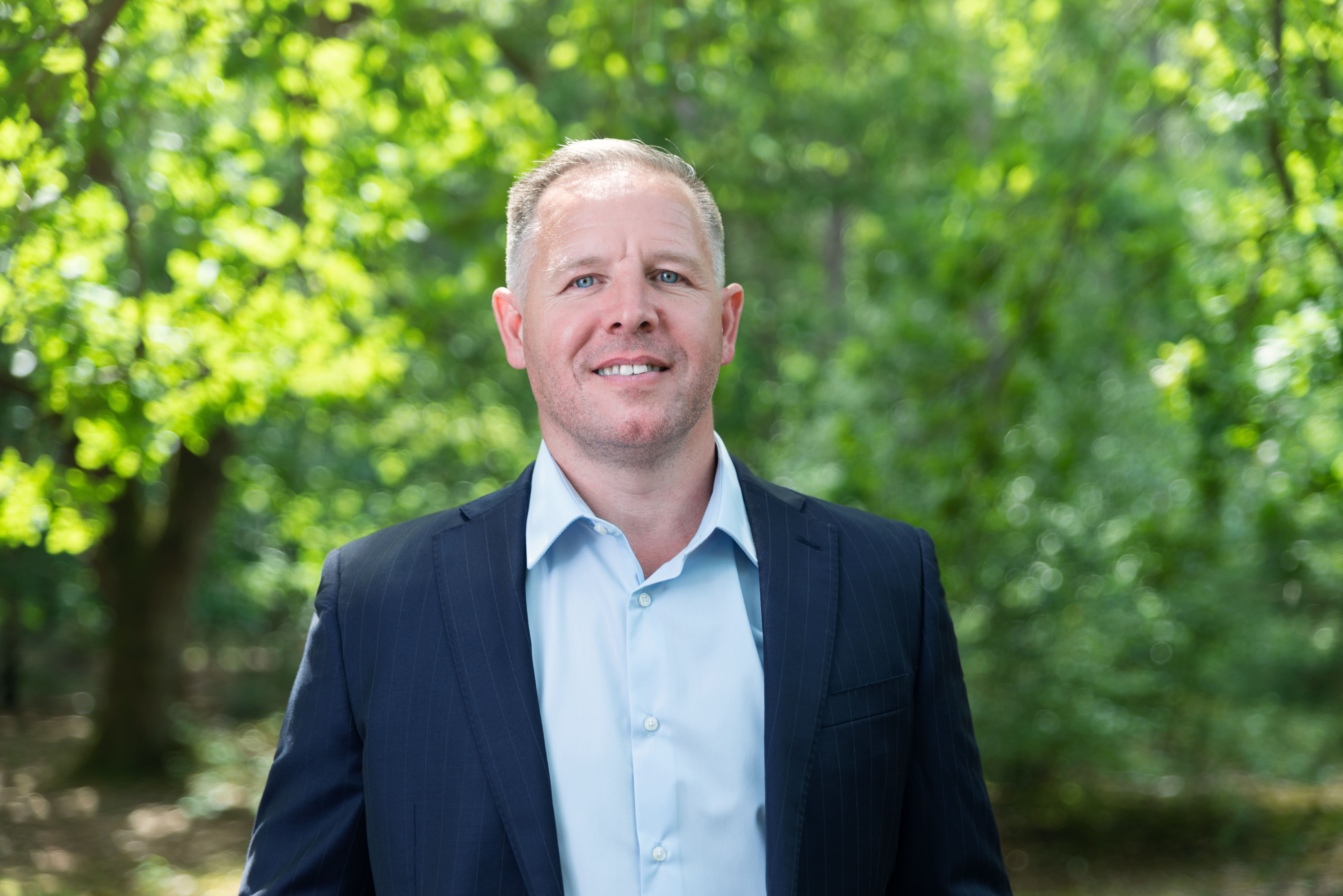Inaccuracy in the News–Been Around Forever!
“There has been more new error propagated by the press in the last ten years than in an hundred years before 1798…”
John Adams
(https://www.smithsonianmag.com/history/age-old-problem-fake-news-180968945/)
31 BC, Octavian (ruler of the western part of the Roman empire) and Antony (ruler of the eastern portion and Cleopatra’s lover) square off to see who will become the supreme ruler of all of Rome. Octavian works to discredit Antony and Cleopatra by spreading rumors that she is a “foreign sorceress who had unmanned the once-noble Antony.” He also claims that Antony plans to leave his half of the empire to Cleopatra. Antony and Cleopatra, not to be undone, start casting aspersions on Octavian’s connections to Caesar. It’s a fascinating bit of history, and you can read the entire article here: https://www.washingtonpost.com/outlook/2022/04/28/long-history-misinformation-during-war/
As the old saying goes, there’s nothing new under the sun. Disinformation, misinformation, and fake news have been around, it seems, since humans began vying for power. Let’s delve into the finer points of these three approaches to delivering information.
Disinformation
- Dictionary definition: “false information which is intended to mislead, especially propaganda issued by a government organization to a rival power or the media“
- Origin of the word: It may have come from the Soviet Union’s term “dezinformatsiya,” a strategy the KGB used to discredit the USA. One example was Operation INFEKTION that pushed the story that the USA created the AIDS epidemic.
- Some of the narratives that the Soviets hoped to achieve with their disinformation efforts included
- Portray Russia as an innocent victim of the United States and its allies.
- Rewrite history to make Russia’s (Soviet Union) actions look reasonable.
- Western democracies are corrupt and about to collapse.
- https://www.state.gov/russias-top-five-persistent-disinformation-narratives/
- The Soviets were/are not the only country to use use disinformation to try to influence world opinion.
- Disinformation, deliberate false information intended to mislead, continues today at the local, state, national, and international levels.
Misinformation
- Dictionary definition: “false or inaccurate information, especially that which is deliberately intended to deceive”
- Another dictionary definition: “false information, regardless of whether or not it’s intended to mislead or deceive people”
- Sometimes it’s just inaccurate. With our 24 hour news cycle and social media, there is always pressure to get the news or scoop out first and bad information is delivered to the public.
Fake News
- Dictionary definition: “false information that is broadcast or published as news for fraudulent or politically motivated purposes”
- Jackie Mansky in the Smithsonian Magazine suggests five different types of fake news!
- Satire uses humor to make fun of or criticize current events.
- Parodies are made-up stories to focus the readers/viewers on events of the day, not always in a positive manner.
- Propaganda is developed to influence public opinion and that often strays from a truthful accounting of a situation.
- Manipulation of images and video give a totally false view of an event. Deep fakes created digitally are especially worth being on the alert for. Digital manipulation can make anyone say anything.
- “News fabrication” makes up a story that is not grounded any reality.
Social media has allowed less than honorable folks to use disinformation, misinformation, and fake news to breed discontent and distrust. We must be vigilant in this digital world of the 21st century so as not to fall victim to this manipulation. None of us is immune because the creators of these false narratives are smart, slick and relentless.
To be smart consumers of information, we should:
- Remember, if something seems to not ring true, check it out. Do not rely on just one source.
- If there is breaking news, wait for details to be confirmed before reacting.
- Read multiple sources–we need to step out of our comfortable bubbles of information, whether they be Fox News, MSNBC, Twitter, Facebook, or some other news source.
- Think about who profits or benefits from a particular story before accepting the information as unbiased. Follow the money, follow the power.
- Use fact checking resources. In a recent column for the Times Record, BTA colleague Christ Toy mentioned these three reliable fact-checking sources:
In our next blog, we will explore how social media amplifies disinformation, misinformation, and fake news.
Final thought–The election is next week. If ever there was a time to read/watch other news sources than what we habitually rely on, now is the time!
Be sure to vote!



























Already a Member? Login Here.
Not Yet a Member? Join the Conversation Today!